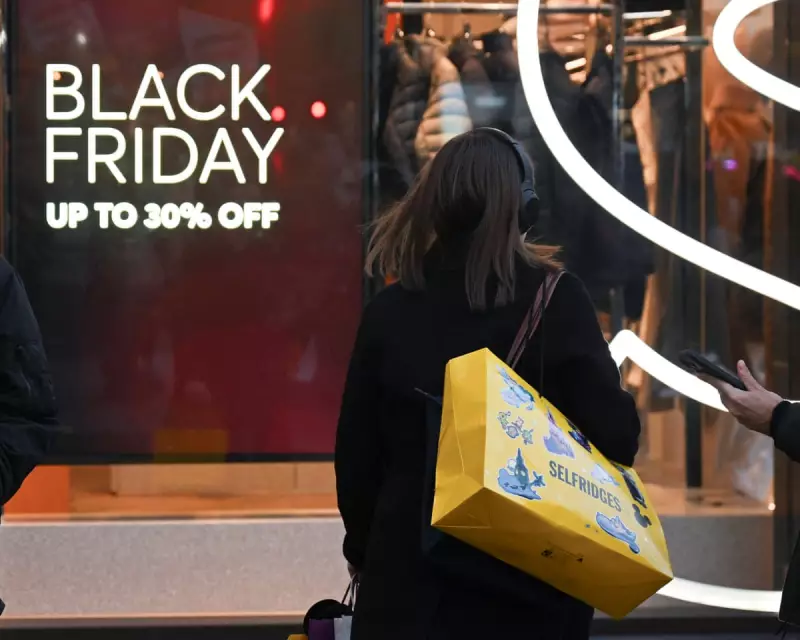
British shoppers hoping for genuine bargains during the Black Friday sales may be in for a disappointment, according to new consumer research which suggests the deepest discounts are often found at other times of the year.
The Illusion of Black Friday Savings
A comprehensive investigation by the consumer group Which? has cast doubt on the value of the annual discount frenzy. The study tracked the prices of 175 home, tech, and health appliances across eight major retailers, including Amazon and John Lewis, for a full year from May 2024 to May 2025.
The findings were stark: not a single item was at its absolute cheapest price on Black Friday 2024 itself. This revelation comes as separate data from Vouchercodes predicts Britons will spend a massive £9.52 billion over the four-day Black Friday weekend, a 4.2% increase from the previous year.
Where is the Money Really Going?
Despite its proximity to Christmas, the US-inspired event is primarily seen by UK consumers as a chance for self-indulgence. Forecasts indicate that over £2 billion will be spent on new clothing and footwear, dwarfing the £670,000 projected for toys.
Electrical goods remain a key target for shoppers, with anticipated spending of nearly £1.7 billion—a 5.6% year-on-year increase, equating to roughly £213 per person. The cosmetics sector is expected to see the most significant growth, with sales predicted to jump 7.4% to £840 million.
With payday for many falling at the end of the week, Cyber Monday on 1 December is tipped to be the single biggest shopping day, with sales projected to hit £3.38 billion.
Retailer Responses and Small Business Strain
Delving deeper into the pricing data, Which? found that the deals were often no better in the weeks surrounding Black Friday either. At John Lewis, 94% of the products analysed were the same price or even cheaper at other times. For example, a Samsung Jet Bot Robot vacuum was £350 on Black Friday but had been priced at just £299 for 29 days in May and June.
A spokesperson for John Lewis defended their approach, stating their Black Friday event brings together a "unique breadth and volume of offers" not found at other times, particularly useful for Christmas preparation.
Similarly, at Very, 93% of deals were matched or beaten on price outside the Black Friday period. A spokesperson for The Very Group said promotions are important, but Black Friday is just "one of the many key calendar moments" for showcasing deals.
Meanwhile, the discounting frenzy adds pressure on small businesses already grappling with higher costs and weak consumer demand. The British Independent Retailers Association (Bira) reported a growing rebellion, with almost 77% of small businesses rejecting participation in Black Friday, up from 69% last year.
Many are opting for alternatives like "Bright Friday" or "Fizz Friday," which focus on the benefits of shopping locally and supporting charitable causes. As one retailer starkly warned Bira, "Discounting is a death spiral and every industry is already sacrificing too much margin to gain functionally useless turnover." The spotlight now turns to Small Business Saturday on 6 December, which aims to highlight the value of independent retailers over online bargain hunts.





